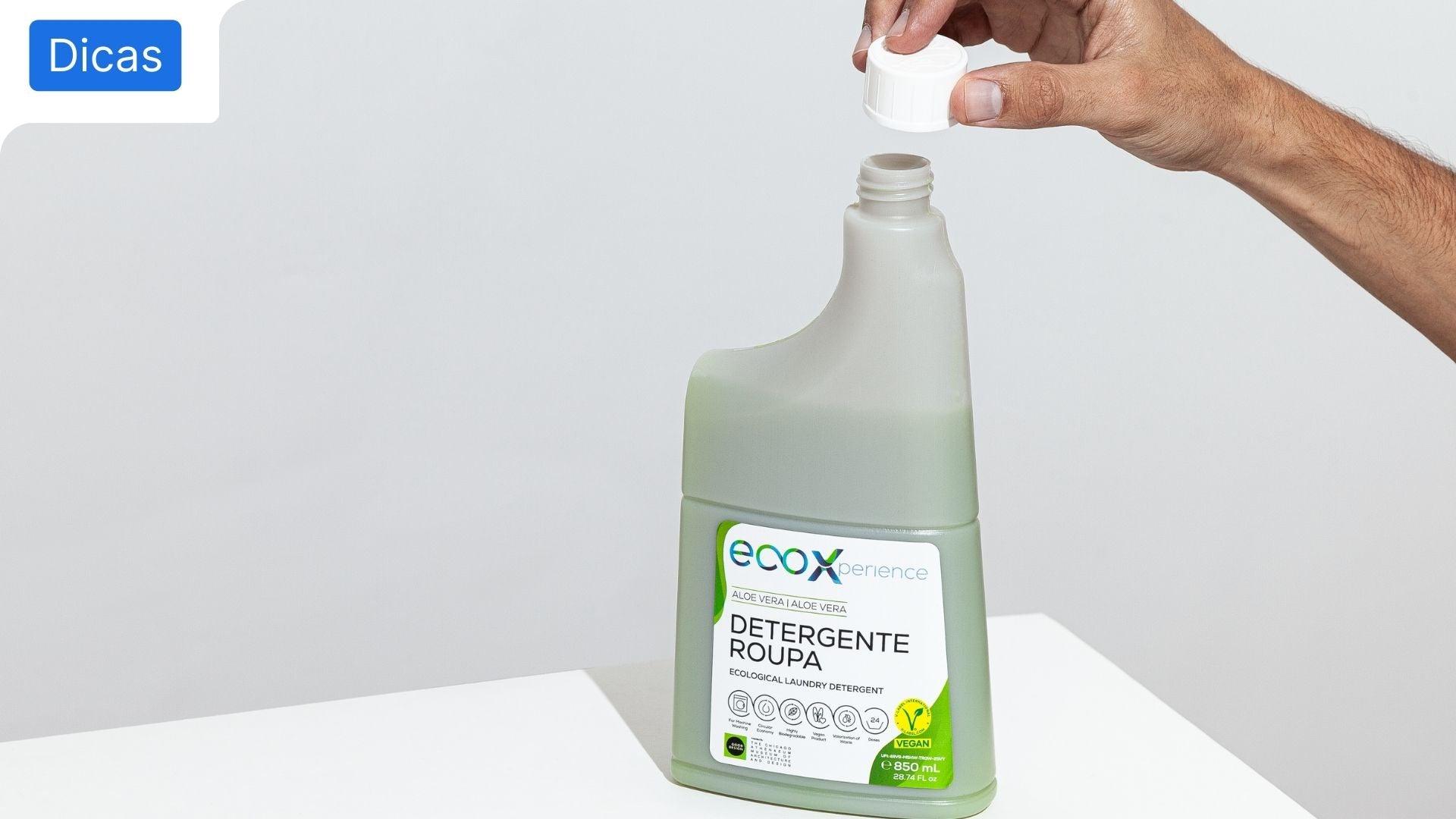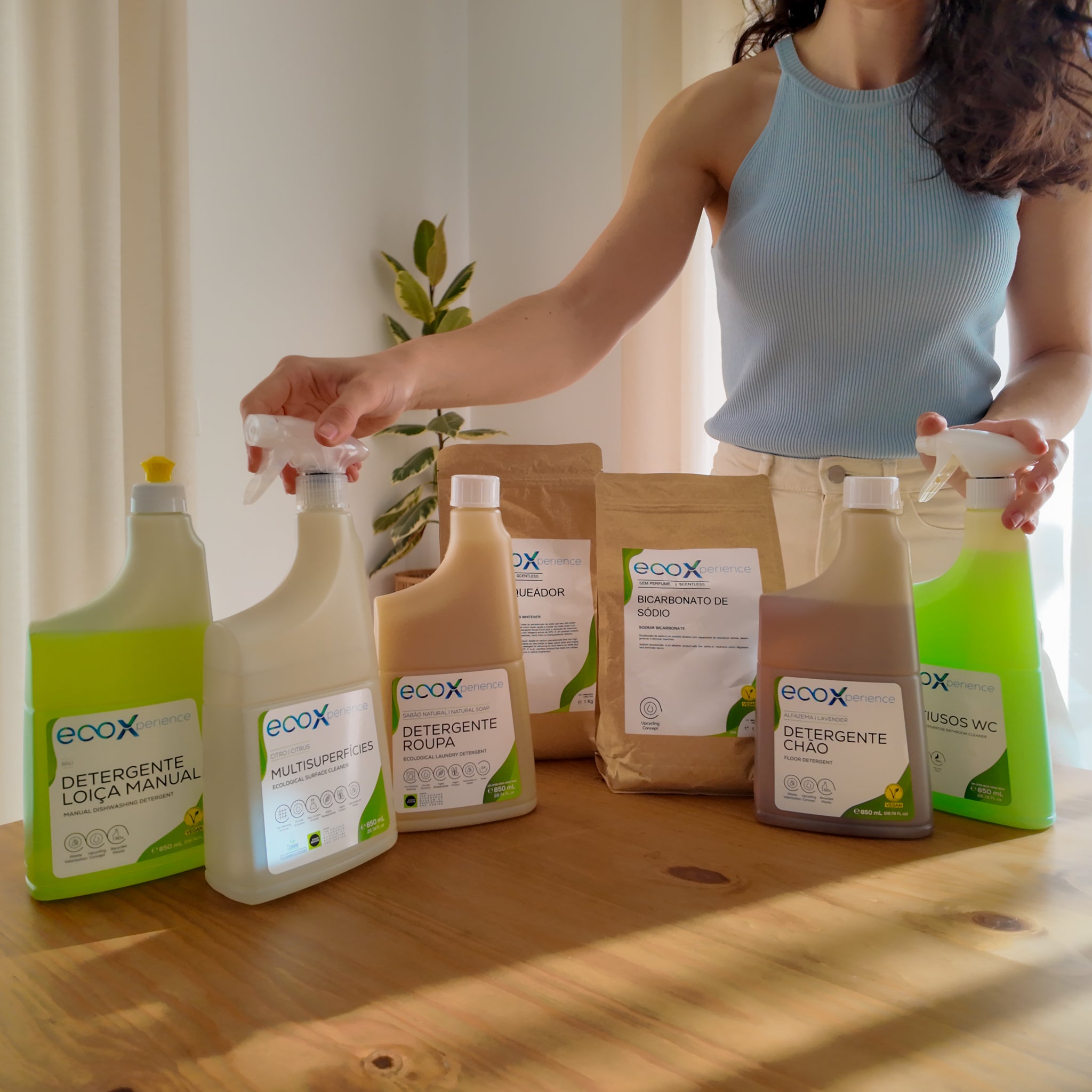
V-Label: what is this certification and what are its advantages?
Environmental problems are a reality and people are increasingly concerned about purchasing goods and services that respect the environment. Certifications, such as the V-Label certification, are one of the ways that provide confidence in this respect.
In this content, you will find out what V-Label certification is, what its advantages are and how it differs from Ecolabel certification.
What is V-Label certification?
The V-Label, a trademark registered in 1996 in Switzerland, is represented by a seal that is internationally recognized. This quality seal aims to identify services and products that are vegan and vegetarian.
Through this certification, you can easily find and identify this type of products, which are subject to compliance with different criteria. These specify, in detail, the definition of vegan and vegetarian.
What are its advantages?
There are several advantages for both producers and consumers.
The advantages for producers are the following:
- Conquer new markets, as there is an increase in demand for vegan and vegetarian products for ethical, health, social reasons, among others, in several countries;
- Greater visibility: with a recognized and easily identifiable certification, product sales can increase;
- Trust: by being a seal that establishes certain compliance standards for products and by being recognized in terms of quality and transparency, it generates confidence in consumers when purchasing;
- Partnership at a commercial level: this certification, which is present in several countries, offers the company the possibility of accessing tools that allow it to build notoriety in its business;
- Inclusion in the approach: V-Label is accessible to many types of business, such as the textile, food, cosmetics and cleaning products sectors.
And for consumers, are there advantages?
- Transparency and trust: by having this certification you know that the product you are buying is actually vegetarian and vegan as it meets several criteria and audits are carried out by an independent entity;
- V-Label Vegan: in this case, no ingredients of animal origin were used in any of the production phases;
- V-Label Vegetarian: does not contain animals.
- Certified products: you can find this seal on more than 45 thousand products;
- Internationally recognized criteria , which ensures that their verification is independent. These criteria take into account different aspects such as, for example, the origin of raw materials and additives, ingredients and production stages.
What is the difference between V-Label Certification and Ecolabel?
Although both certifications have in common, from a general perspective, the concern with sustainability, they are quite different from each other:
- V-Label Certification: quality seal aims to identify services and products that are vegan and vegetarian.
- Ecolabel Certification: ecological label that certifies goods and services that have a low environmental impact and, to guarantee this, identifies that they comply with environmental standards during their life cycle.
Ecolabel certification also has advantages for companies and consumers. For companies, it can facilitate consumer choice, increase opportunities to do business and provide guidance on ways to optimize products and processes.
On the other hand, being a recognized certification guarantees consumers that the products have quality combined with a low impact, transmits confidence and ensures that the chemicals used are better for the environment and for the consumers themselves.
Does EcoX have these certifications?
EcoX has adhered to both certifications so that, in addition to the sustainability data that you find on each product in the technical sheets and in the online store, you can trust your upcycling detergents even more.
In conclusion, the V-Label certification has existed since 1996 and represents a seal of quality that guarantees that the products and services that bear it are vegetarian and vegan. In addition to the advantages for producers, it also has advantages for consumers, as it meets several criteria.
While V-Label certifies vegan and vegetarian products, Ecolabel certifies products that have a low environmental impact throughout their life cycle.
Author: Daniela Matos







